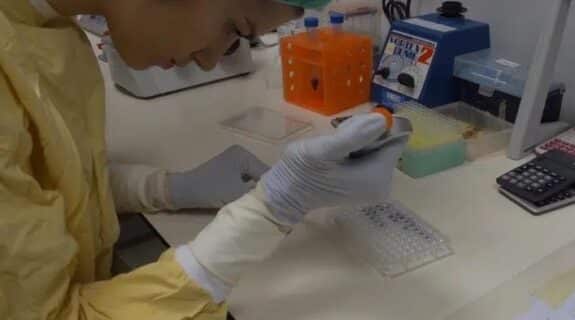
The announcement follows a recent U.S. Food and Drug Administration committee meeting on vaccine selection and aims to offer a long-term solution for virus inoculation. Sheba’s cohort of data, based on studies involving more than 9,000 of its healthcare workers at the hospital, will be used to inform the development. In the future, the research template to develop the vaccine will also be applied to other viruses, including influenza, with the goal of preventing future pandemics.
“This partnership has the potential to change the future of virus care and can transform the way we prevent and manage future pandemics,” said Prof. Gili Regev-Yochay, Director of the Sheba Pandemic Research Institute and Infection Prevention & Control Unit at Sheba Medical Center. “The signing of the agreement and future development of this pan-coronavirus vaccine is a testament to the medical developments and research led by Sheba Medical Center both during and post the COVID-19 pandemic.”
The partnership was announced at the third seminar of the Sheba Pandemic Research Institute (SPRI) where attendees heard about the impact of Sheba’s research and studies on global coronavirus policy. Seminar speakers also shared insight on future plans for SPRI and the latest clinical studies published in peer-reviewed journals.
“SPRI is the perfect complement to our team at the Vaccine Research Center in our shared goal to predict and understand the future of infections,” added Prof. Daniel Douek, Chief of the Human Immunology Section, Vaccine Research Center, NIH, and Senior Scientific Advisor of the SPRI. “Together, we will be discovering new ways to generate vaccines, monoclonal antibodies and tests for viruses that could be a game-changer for our pandemic preparedness.”
The Sheba Pandemic Research Institute is a partnership between Sheba Medical Center and the U.S. government National Institutes of Health. The institute focuses on multidisciplinary, multifaceted, collaborative research as well as translating global infectious disease research into clinical products for rapid deployment in the event of future epidemics and pandemics.
Notifications